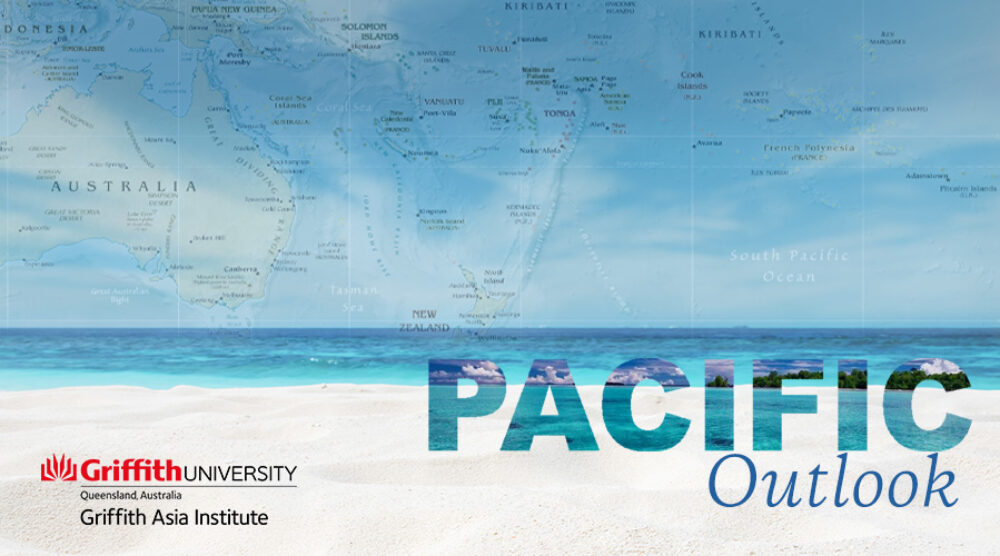TESS NEWTON CAIN |
Pacific leaders to meet with US President at the White House
This week will see the first meeting between the President of the United States and leaders of the Pacific islands region.
The two-day summit comes further to the participation of Vice-President Harris at the Pacific Islands Forum Leaders’ meeting in July.
There have been some hiccups, including in relation to who would be invited to attend. Initially, the US side invited only those countries that are members of the United Nations. Further to pushback by leaders at the recent Pacific Islands Conference of Leaders (PICL), this has been revised to include all members of the Pacific Islands Forum (PIF). The Secretary-General of the PIF will also attend.
Several items are on the agenda for the summit, including climate change, recovery from COVID-19, connectivity in the Pacific and enhancement of the relationships between the US and Pacific island countries.
Marshall Islands Compact negotiators refuse to travel to the US for talks
Negotiations between the USA and Marshall Islands in relation to the renewal of Compact funding have hit a stumbling block.
The negotiating team from Marshall Islands pulled out of a scheduled third round of talks that were due to be held at the weekend. They have pointed to what they see as a refusal by US negotiators to take the issue of addressing ongoing nuclear impacts sufficiently seriously.
The relevant aspects of the Compact agreement are due to expire on September 30 next year. Whilst the US has tried to show good faith in devoting more time and energy to progressing the talks, the Marshallese negotiators have made it clear that addressing the nuclear legacy is non-negotiable.
President Kabua of Marshall Islands still intends to travel to Washington to take part in the White House summit with President Biden.
Pacific voices at UNGA
Pacific leaders have spoken during the 77th General Assembly of the United Nations.
Vanuatu was the first country to call for an international treaty to ban the proliferation of fossil fuels. The call was part of the address made by President Nikenike Vuraboravu who spoke in his capacity as Head of State.
Other leaders also spoke of the importance of increased and enhanced global action to address the causes and impacts of climate change. President David Panuelo of the Federated States of Micronesia called on the US and China to re-establish their bilateral commitment to work together to address the global challenge of climate change.
In a side event, Prime Minister Kausea Natano of Tuvalu and President David Kabua of Marshall Islands were part of a group of countries that launched the “Rising Nations Initiative” aimed at preserving the sovereignty and cultural heritage of atoll nations.
Outcomes of ministerial meeting on Disaster Risk Reduction
Pacific delegations made important contributions to the Asia-Pacific Ministerial Conference on Disaster Risk Reduction, held in Brisbane recently.
There were magnificent displays of Pacific culture and protocol at the Pacific Pavilion. Pacific speakers contributed to sessions that considered the importance of incorporating traditional knowledge into disaster risk reduction (DRR), the perspectives of people living with disabilities and the need for improved early warning systems in the Pacific region.
Fiji’s Minister for Defence, National Security and Foreign Affairs, Hon. Inia B Seruiratu carried forward the momentum of the earlier Pacific Disaster Ministers Meeting, which he chaired.
Esline Gareibeti is Director-General of the Ministry of Climate Change in Vanuatu. She received the Women’s International Network in DRR Leadership Excellence award during the conference. It was in recognition of her work to build up capability in Vanuatu and across the region in relation to geohazards.
Tess Newton Cain is an Adjunct Associate Professor at the Griffith Asia Institute and project lead of the Pacific Hub.








